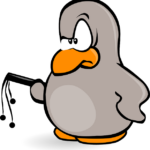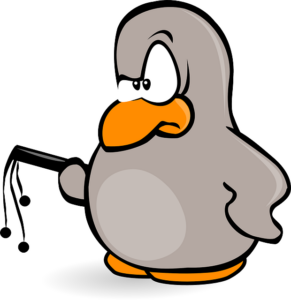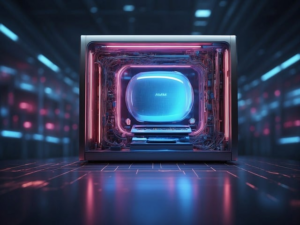The Discord Controversy: An In-Depth Look at Discord's Actions Towards Nintendo Switch Emulator Servers
Introduction
Discord, a popular communication platform, has recently taken drastic actions by shutting down the servers for the Nintendo Switch emulators Suyu and Sudachi. This move has resulted in the complete disabling of their lead developers' accounts, sparking controversy and questions about the reasoning behind Discord's actions. Both Suyu and Sudachi initially emerged as forks of the Yuzu emulator, which faced legal challenges from Nintendo and was eventually sued out of existence on March 4th.
Discord's Response
In response to inquiries about the shutdown, Discord's director of product communications, Kellyn Slone, stated that the company complies with all legal and valid Digital Millennium Copyright Act (DMCA) requests. Discord cited a court-ordered injunction for the takedown of the emulator materials as the basis for their actions. However, the developers of Suyu and Sudachi reported receiving vague messages regarding alleged violations of intellectual property rights without specific details or evidence.
Legal Complexities
The situation raises questions about the validity of the DMCA takedown requests and whether Discord followed its own policies in disabling the servers. While developers of Yuzu's forks claimed to have made modifications to avoid infringing on Nintendo's rights, the absence of the contested code on Discord's platform suggests a different narrative. The possibility of users sharing Nintendo's proprietary content, such as cryptographic keys or pirated games, remains a concern, although evidence is lacking following the server shutdown.
Discord's Policy and Actions
Discord's policy on copyright infringement does not align with the immediate and severe action taken against Suyu and Sudachi. The lack of transparency regarding prior warnings, repeat offenses, or detailed notices raises doubts about the fairness of Discord's response. Developers like Jarrod Norwell, behind Sudachi, expressed confusion and frustration over the sudden account termination without clear information on the alleged violations.
DMCA Takedown Requests and Discord's Role
Traditionally, DMCA takedown requests focus on removing infringing content, not entire communities or projects. Discord's approach in de-platforming the emulators without a clear process for content removal and reinstatement deviates from established norms. The absence of direct connections between the Yuzu developers and Suyu or Sudachi raises further doubts about the basis for Discord's actions.
Platform Discretion and Consequences
While platforms like Discord have the discretion to remove content, the manner in which they handle infringing materials can impact developers and communities unfairly. Discord's decision to eliminate communication channels without clear evidence of infringement or prior warnings reflects a broader trend of platform-based censorship in the digital space. The recent actions against Switch emulators signal a growing concern over the power and accountability of online platforms in regulating content.
The Fallout and Future Developments
The aftermath of the Discord controversy has led to internal strife among Suyu developers, with some members splitting off to pursue alternative projects. Sudachi's developer remains committed to ongoing work despite the challenges faced. Nintendo's broader crackdown on emulator-related tools and encryption key aids underscores the complexities of intellectual property protection in the gaming industry.
Conclusion
In conclusion, the Discord shutdown of the Nintendo Switch emulator servers has raised significant questions regarding legal compliance, platform responsibility, and developer rights. The lack of transparency, clear communication, and adherence to established procedures indicate a need for greater accountability and fairness in addressing copyright infringement concerns. As the digital landscape continues to evolve, balancing innovation with legal compliance remains a key challenge for developers, platforms, and users alike.





























